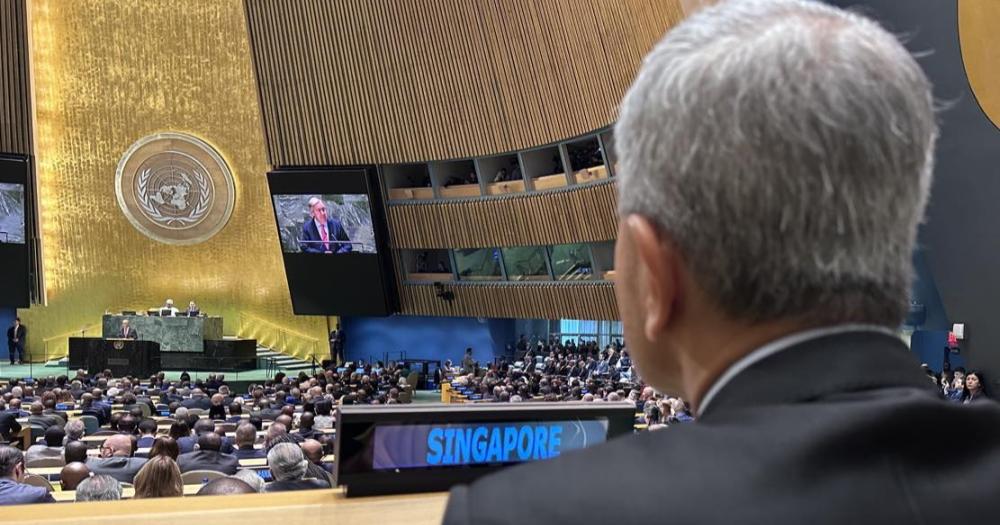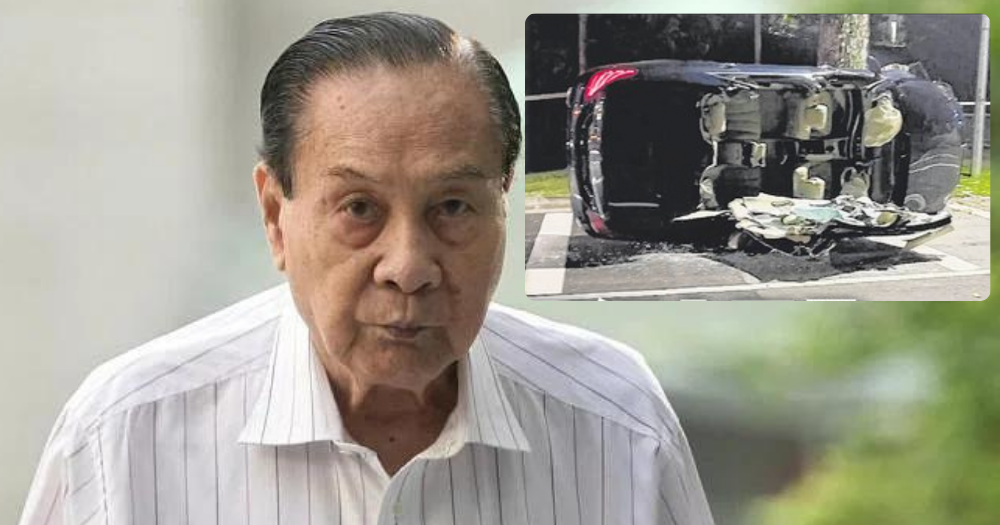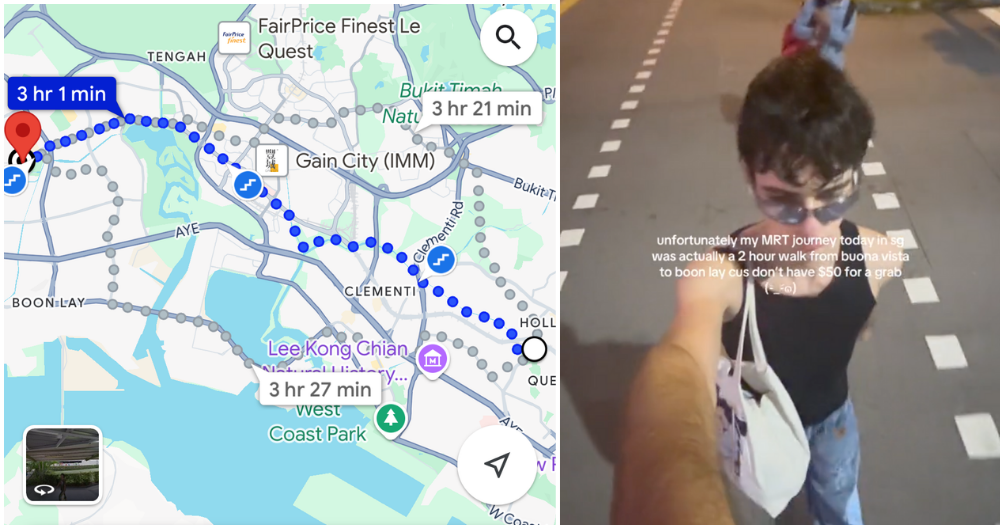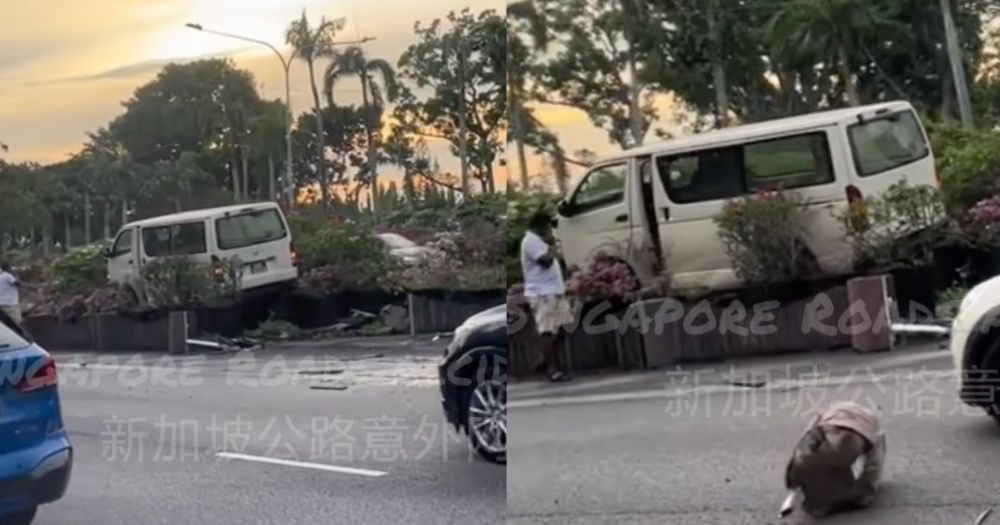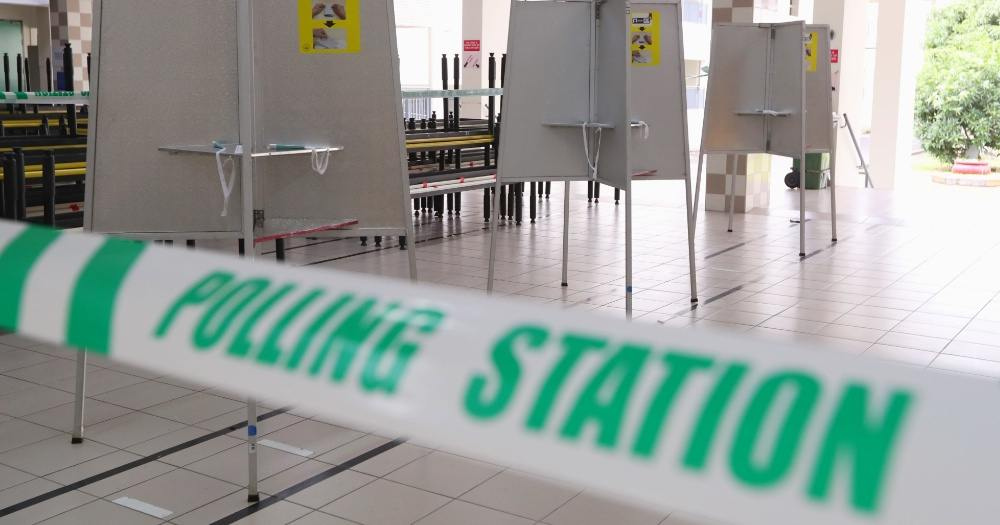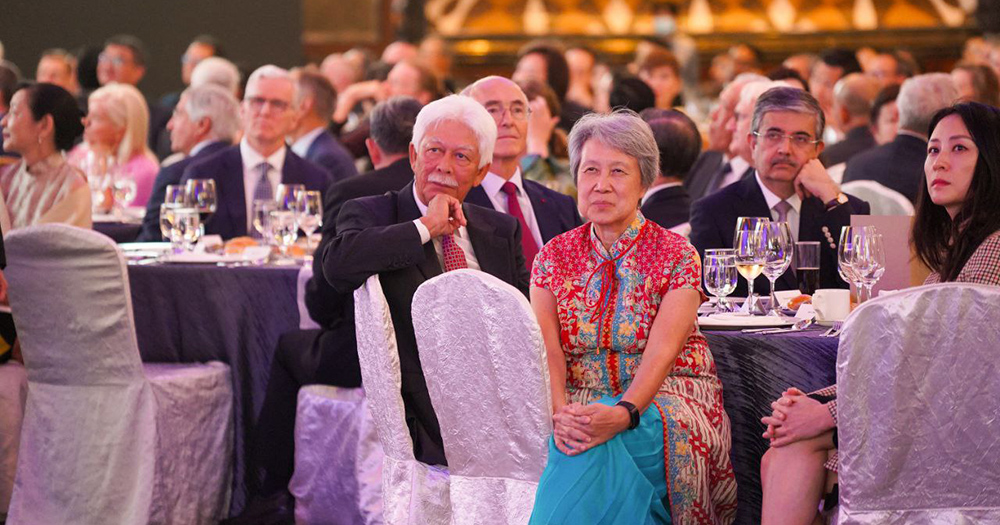Vivian addresses UN Summit of the Future, while Russia's attempt to disrupt it fails decisively
Vivian said countries needed commitment, courage, and the spirit of compromise.
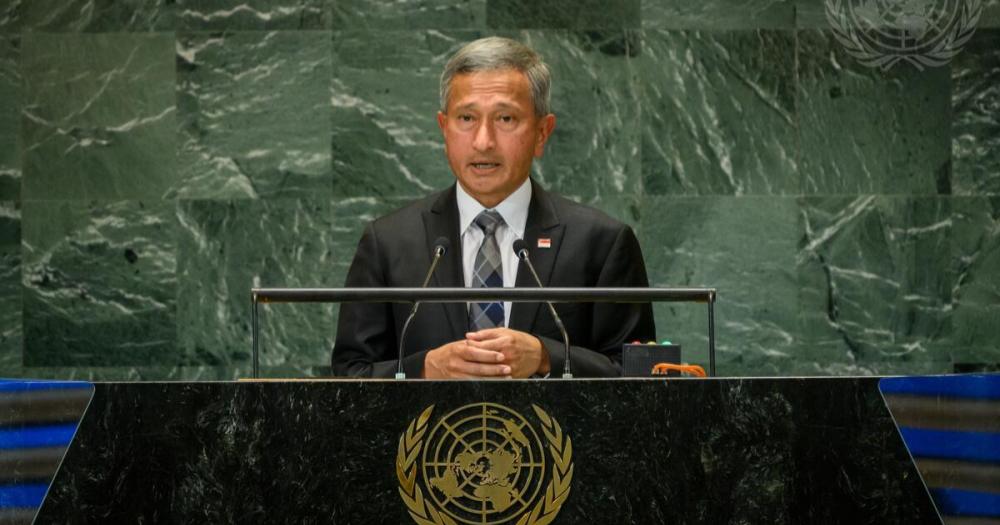
On Sep. 22 the United Nations General Assembly adopted what its secretary-general Antonio Gutierrez described as a landmark agreement, called "The Pact for the Future", which is part of the Summit of the Future event currently being held in New York.
Revive the UN
The summit comes at the beginning of the UN’s High-level Week and has produced a three-part approach towards a more effective, inclusive, and networked multilateralism.
Along with the pact, the UN adopted the Global Digital Compact and the Declaration on Future Generations.
The Summit of the Future and the associated pact was described by Gutierrez as one of his main objectives since taking office.
Gutierrez said the agreement was a “step-change towards more effective, inclusive, networked multilateralism”, according to Reuters.
Countries involved in the pact have pledged to achieve 56 actions that include, global governance, climate change, digital cooperation, human rights, youth and future generations.
The Guardian described the pact as an “ambitious” attempt “designed to revive the UN”.
Singapore’s commitment to multilateralism
Singapore’s Foreign Affairs Minister Vivian Balakrishnan addressed the Summit of the Future and said a "stronger multilateral system where rules are applied universally is vital."
He said the pact, the compact, and the declaration, were building blocks for a stronger, future-ready multilateral system, and explained Singapore’s commitment to them.
International law and the UN Charter
Singapore reaffirmed its commitment to international law and the UN charter, which Vivian said was vital amidst intensifying conflicts and geopolitical tensions.
The world must “re-commit to peaceful resolution of disputes through diplomacy”.
A world that did not respect sovereignty, territorial integrity, and international law would be very dangerous, he added.
Global Digital Compact
Vivian re-emphasised the importance of digital transformation, saying that more than two-thirds of the UN’s sustainable development targets can benefit directly from digital innovations.
Vivian highlighted the work of Singapore and Rwanda to launch the AI playbook for small states, as well as Singapore's capacity-building efforts through the Digital Forum of Small States, saying that the playbook would empower small states to leverage AI for public good.
Declaration on Future Generations
Vivian said Singapore was glad the declaration encouraged youth engagement, as they had “an even bigger stake in the world they will inherit”.
Policies made in the present need to be future-ready in order to build a better world for successive generations.
Commitment, compromise, courage
Vivian emphasised commitment, compromise and courage before closing his address.
This involved the commitment to stay the course, on the long and essential journey to reinforce and renew the multilateral system; the need to embrace the spirit of compromise; and the courage to take bold actions for the long-term well-being of future generations.
“We must forge a future that is fair, just, equitable, and inclusive,” he said.
Disruption
But the pact did not pass without incident, with DW reporting that Russia attempted to delay the pact’s adoption, threatening to introduce an amendment otherwise.
Russia was not satisfied with the agreement, despite nine months of negotiations.
Russia’s amendment emphasised the “principle of non-interference in the international affairs of states”, and was backed by Belarus, Iran, Nicaragua, North Korea, and Syria.
However, Russia’s attempt failed decisively, with only six other countries backing it, and 143 countries voting to reject its amendment and 15 abstentions.
Top image via United Nations
MORE STORIES







